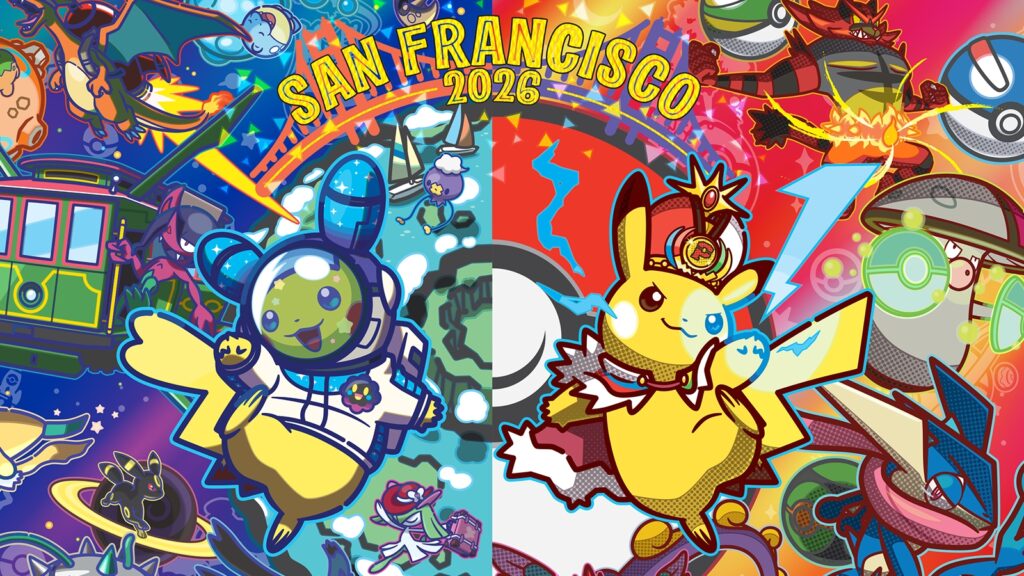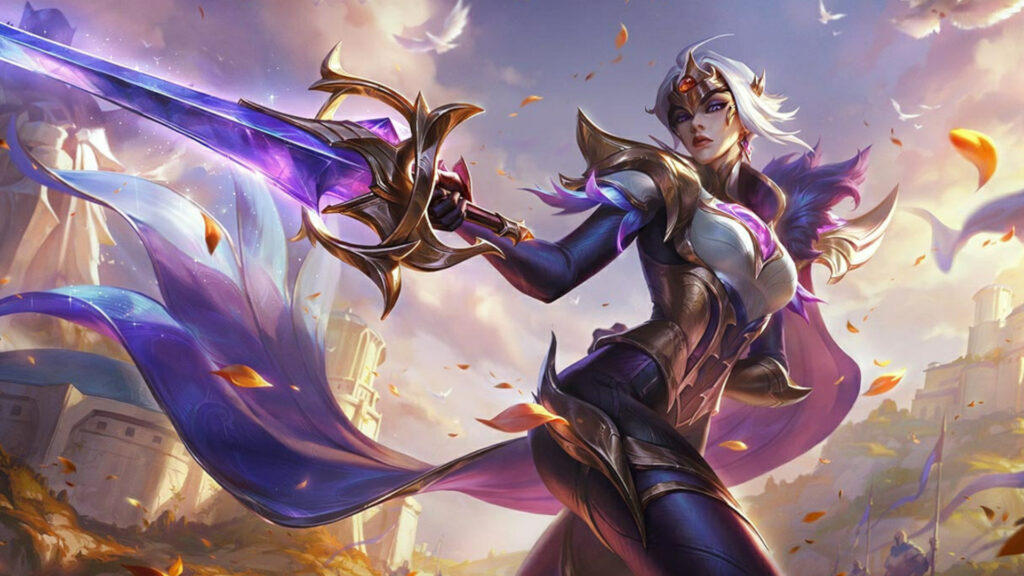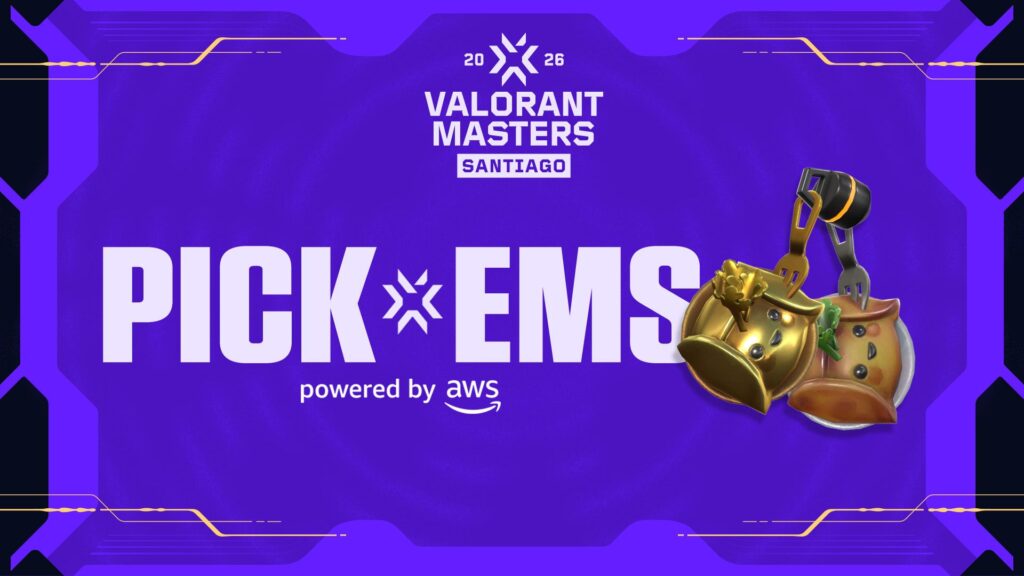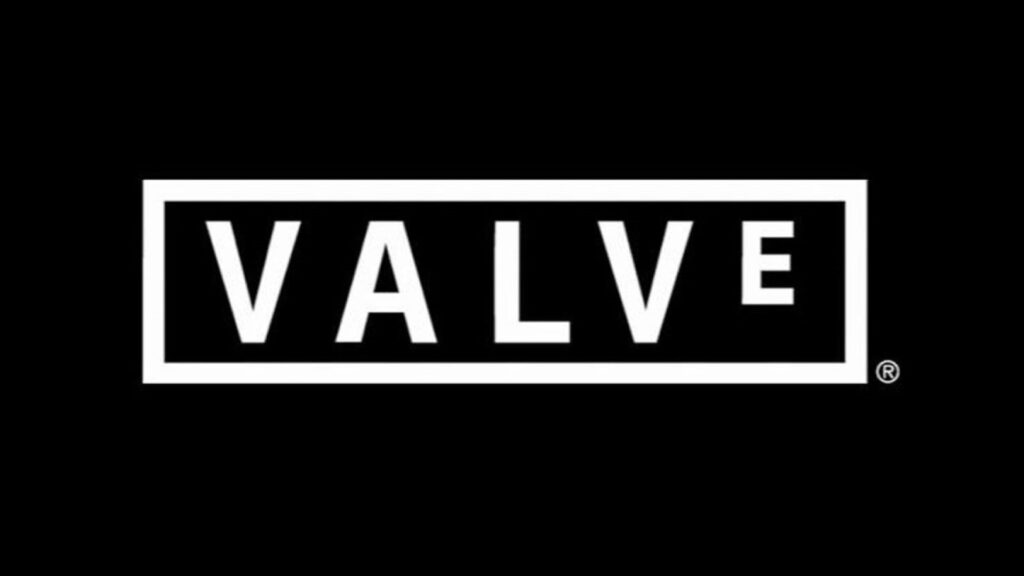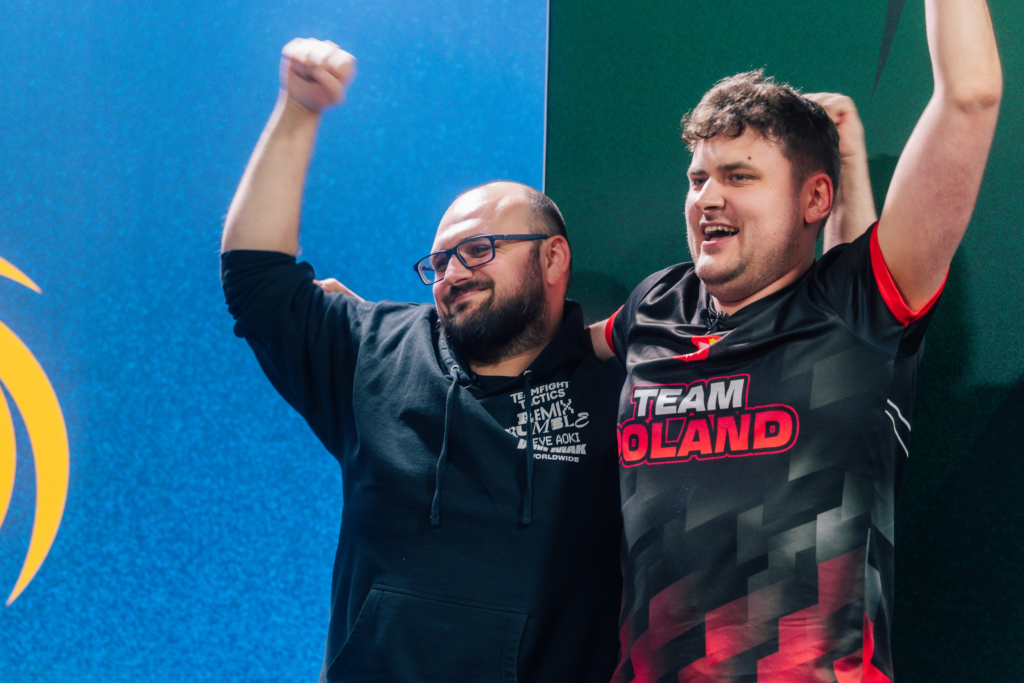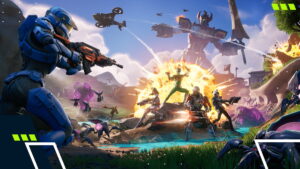The Five Most Defining Moments in Esports in 2020
Let’s be honest – 2020 was not a great year, all things considered. For the most part, just about everyone has had a rough time of it. People have lost their jobs, their homes, their loved ones – and by April, we were all just hoping it would end soon.
Now, roughly 100 months later, the time has finally come. 2020 is as good as over, and we decided to use this opportunity to remind ourselves (and you) that it wasn’t ALL bad. Esports had a small Renaissance and some cool stuff did happen this year, even if it got buried between all the horrendous headlines we saw day after day.
Here are some of the most defining moments in Esports in 2020.
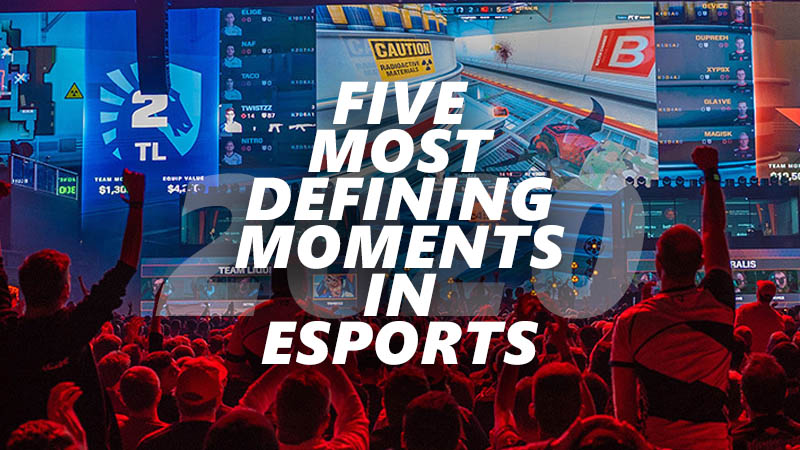
Major Upsets in the world of Dota 2
At the start of the year, Dota 2 and the entire Pro Circuit took a big hit with most of Spring being filled with uncertainty and cancellations. The International is without a doubt one of the most important moments in the Dota 2 esport – and the 2020 iteration of it was indefinitely delayed around March. By Summer, thanks to Beyond the Summit, WePlay!, Epicenter and One Game Agency we had a fully fledged season on our hands.
Online competitions left right and center, featuring teams from from the Major and Minor tiers all battling for prize funds daily and weekly. Regional and cross regional competitions became intense and worthwhile to watch. To cap it all, Team Secret had one of their best seasons to date winning every relevant tournament throughout the year.
Overall, the Dota 2 season changed for the better with a much needed refresh of the powers that be and a very clean pipeline for new talent to get showcased on the global scene. We hope once the rona dies down, a spending blend of LAN and Online competition can continue to uplift the lower tiers of play to larger audiences.
2020 in a nutshell 🙃 pic.twitter.com/L4qbWKQqWF
— Team Secret (@teamsecret) December 13, 2020
The fall and rise of Astralis
Astralis made history this year – not only were they the first ever tam to expand their roster beyond five active players. Having a roster of more then 5 players is nothing new, but having more then 5 active players swapping in and out depending on map pick is somewhat uncommon. The team also had a bit of an unusual journey.
In March, they sighed Patrick ‘es3tag’ Hansen as their 6th player – and in May, they signed a seventh member, Jakob ‘JUGi’ Hansen as well. They didn’t just win players though, as the old roster burned out substitutes were signed and dropped left, right and center.
From being top dogs at start of the year, Astralis went down in rankings all the way to 7th and climbed back to the top spot by the end of the year. Through hard work, dedication to play and some amazing matches, they proved why they are the best CS:GO team on the planet.
The organization itself, consolidated all their teams under their banner. Origen was discontinued with Astralis now officially being a League of Legends brand for the upcoming season. Overall a season to fully reflect 2020!
A NEW ERA BEGINS.
One brand. One Family.#ToTheStars pic.twitter.com/Ts5OWNi6OR
— Astralis (@Astralisgg) September 15, 2020
Rostermania in Overwatch
The Overwatch League had a bit of a wild season. From a revamped competitive system and homestands to online play and barely any action happening for weeks. The league fell on hard times the season and by the end of it a large number of contracts ended, with several of them in unusual ways.
The off-season this year is a bit of a bloodbath. Teams like London Spitfire released almost their entire rosters by mutual agreement – other teams declined extensions and contract renewals, dismissing all or almost all of their players. Season MVP Sinatra moved to Valorant, and the entire contenders series got downsized and didn’t get much press throughout the year. Particularly painful was the loss of an exceptional player in the OWL – the only female member, Tank-player Geguri, who departed the Shanghai Dragons after her contract expired.
Overall, many team swaps, new players moved up from the Contenders leagues, some retired, and some are still negotiating. The most common thing to happen was that teams declined the option to extend contracts – and it’s not over yet. Teams have to have rosters with at least 7 players by January 4th, so there could easily be some last-minute scrambling still to come.
All in all, 2020 might be have been the begging of the death of competitive Overwatch.
As you can see, we've got big plans for #OWL2021
What's on your top secret whiteboard for the new year? 🤔 pic.twitter.com/ssHtlXd3J5
— Overwatch Esports (@OW_Esports) December 28, 2020
Riot Games figured out lockdowns
Riot Games had to cancel events too – and among them the fan-favourite MSI and half of the Spring Seasons in League of Legends. By Summer, Riot figured out how to hold their regional leagues entirely online on top of adopting the NBA’s idea and holding Worlds within a bubble. While all of this has happening, Valorant launched successfully and took the FPS genre by storm. Pros from various shooters all flocked to Valorant and started competing in the Ignition Series and First Strike.
Finally, Korea and the LCK are back at the top of competitive LoL after securing a Worlds trophy after a two year hiatus. The offseason saw some of the biggest roster moves and retirements in the west as Bjergsen and Doublelift both retired from pro play, whilst Perkz and Rekkles made the unexpected move out of their home organizations.
Overall, Riot Games managed to figure out esports during COVID-19 the fastest and had one of the stronger seasons when compared to competitors.
Together we achieved a lot this year. Thank you ❤️
Watch: https://t.co/KQGPZTC4Ra pic.twitter.com/nTyK8J2kFK
— Riot Games (@riotgames) December 17, 2020
Battle Royale is still king
A definite highlight of the year are all the Battle Royale games. From PUBG and PUBG Mobile to Fortnite to Freefire and Warzone, the BR genre has been plowing ahead with millions of players spending much of their lockdown hot dropping around the maps. Continental Series in FreeFire and PUBG, Twitch Rivals, FNCS, PMCO you name it. Battle Royale was everywhere, from streamers to pro teams, it was the most played genre this year.
Looking ahead, mobile esports and Battle Royales are set to dominate 2021 once again. Only a few hours left.
Happy New Year – let’s hope 2021 redeems 2020 and then some!
Read next: Best CSGO Players Right of All Time
